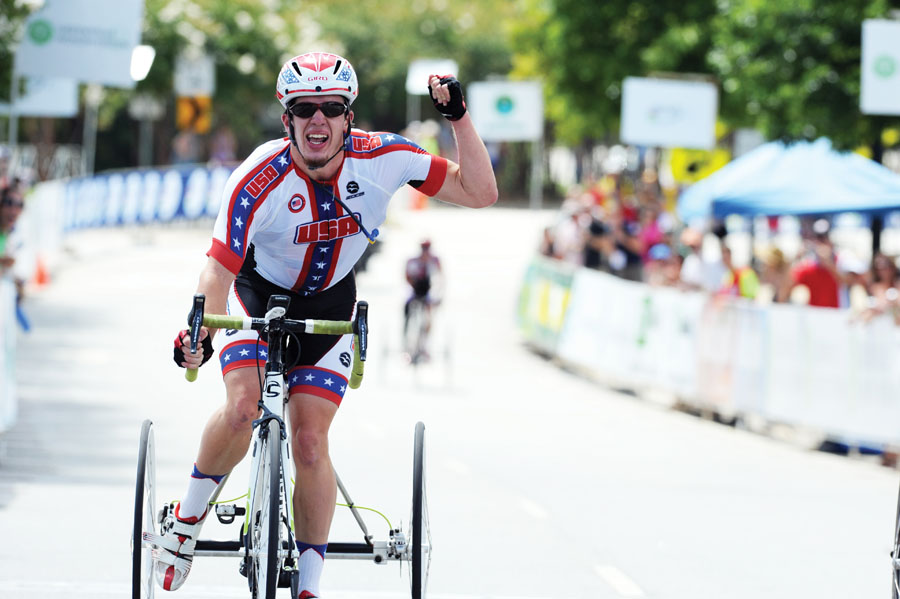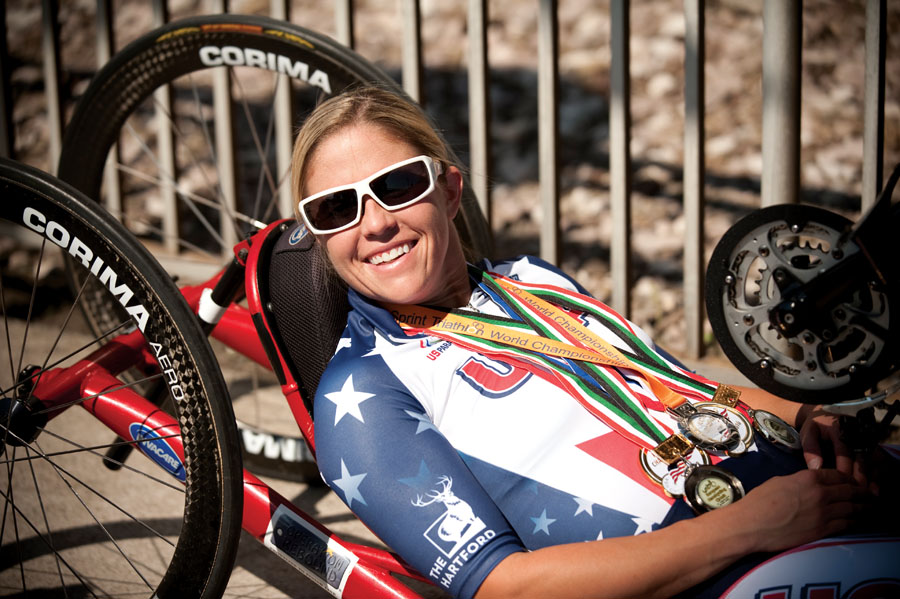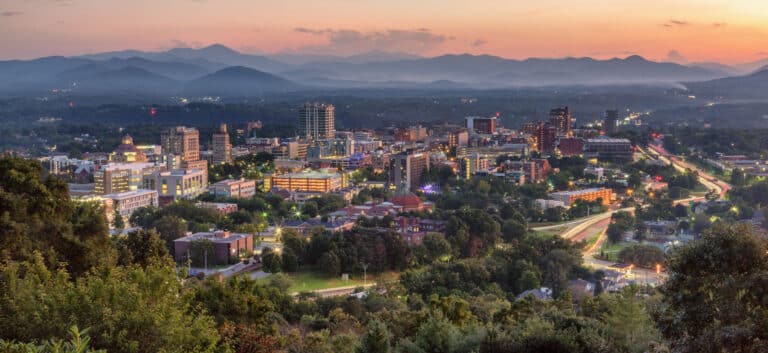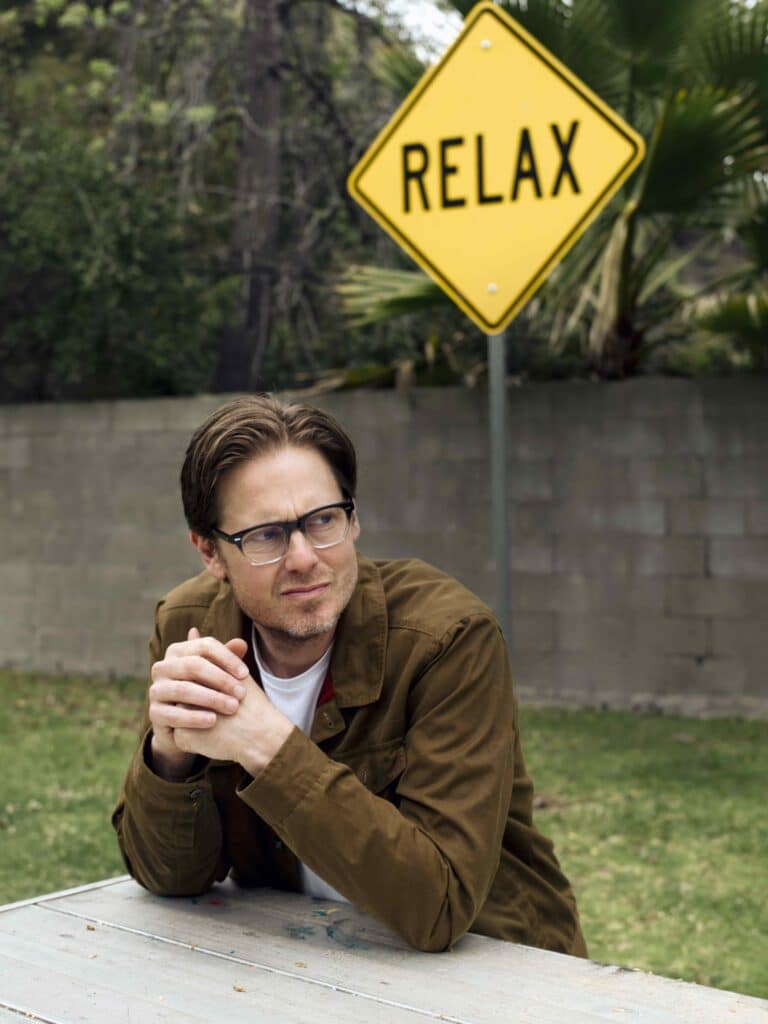Monroe, Connecticut. 2003. A nine-year-old boy putters around on his tricycle, savoring the feel of wind in his hair, asphalt blurring beneath the tires. It’s his favorite thing to do, riding a bike. Adrenaline, freedom, and belonging, all wrapped up in an ever-forward motion where bike and boy are one. But in the blink of an eye, a speeding pickup truck nearly robs the boy of both his life and love.
The boy is Ryan Boyle. For the next four years of his life, Boyle would spend his days not innocently cruising around on his bike, but relearning how to breathe, eat, swallow, and walk. The truck collision left Boyle with a crushed skull and broken pelvis, left shoulder, left arm, six ribs, and right femur. He was in a coma for two months, a rehabilitation hospital for seven months, yet at no point did he give up.
Now, Boyle can breathe, eat, swallow, and even walk, just fine. Even more impressively? He’s back on a bike, and at an elite level. Boyle, 22, is the youngest member of the U.S. Paralympics Cycling National Team. In 2014, his first season of international racing, Boyle won a world championships silver medal in Greenville, S.C., and a world cup gold medal in Italy.
His post-injury journey to competitive cycling launched in 2010 during a month-long stint at the Shepherd Center’s Beyond Therapy program in Atlanta, Ga., where he later lived for three years. Boyle says were it not for the support of his family and local community, as well as a hefty dose of competitive drive, he would have never thrived.
“Pain is temporary, but glory is forever,” he says. “[Riding] is a great stress reliever for me. When I’m feeling angry or something, I can just go out on my bike and let every ounce of energy out on my pedals. I don’t have to hold back. It’s almost like a form of therapy, and I know I might sound weird, but I’ve come to realize over the years that I enjoy pain. I like to hurt on the bike.”
That almost-thirst for pain is something Boyle shares with Tennessee-native Carly Pearson, a former wildland firefighter and single mother. Pearson, 40, has been confined to a wheelchair since 2002 when she fell down a 25-foot ravine and broke her back while on the job. For nearly two years after the injury, Pearson was in and out of hospitals, fighting for her life yet unable to accept her new reality.
“It’s kinda like a death,” Pearson says. “You lose a major part of yourself and your identity. I went through denial. I thought I was going to be this miracle that was going to wake up and be able to walk, whether it be through divine intervention or medical healing. It’s like you’re living a nightmare. Then things gradually get better, and then one day you wake up and you don’t try to wiggle your toes and you start realizing that you have to get on with your day. You have to get on with your life.”

At the urging of her sister, Pearson started working towards completing a triathlon, which introduced her to the world of para-cycling. After placing third in a 21-mile road race with little to no training, Pearson was hooked. In 2010, Pearson made the U.S. Para-Cycling National Team, competing on the international and national fronts and winning multiple national championships as well as silver medals abroad in the United Arab Emirates and Budapest, Hungary.
“Really it was the camaraderie of the people that drew me to it,” she says. “I kinda feel like I’m out there with the masses again. I think [competitive cycling] brought out a level in me that’s really, sorta, for lack of a better term, sick. You want to push yourself to the edge, because you’ve been on the edge, and you just need to prove to yourself that you can do it.”
In 2012, Pearson became involved with Catalyst Sports, a program in Atlanta aimed at providing adaptive adventure opportunities for disabled people. She is slowly transitioning out of the para-cycling scene into the para-climbing world, of which she is the 2015 Para-Climbing National Champion. Pearson will compete at the 2016 Adaptive National Championship this July 22 at Stone Summit Climbing & Fitness Center in Kennesaw, Ga., and hopes to compete at Worlds later this fall.
Meanwhile, the momentum behind the para-cycling community continues to grow. Jennifer Schuble, 39, of Birmingham, Ala., and Oksana Masters, 26, of Louisville, Ky., are two of the Southeast’s top contenders for the 2016 Paralympics in Rio de Janeiro, Brazil.
Schuble, a West Point alumna who was diagnosed with multiple sclerosis in 2004 and has sustained a number of traumatic brain injuries, credits the Lakeshore Foundation in Birmingham for her tremendous success—16 national championships, five Paralympic medals (one gold, three silver, and one bronze), two Parapan American Games gold medals and one silver, five world championships, and 13 world championship medals, to be exact. And she’s not stopping there.
“A lot of people in the Southeast have had a major impact in my development,” Schuble says, citing friends and acquaintances that have let her borrow bikes and taught her how to ride the track at the Dick Lane Velodrome in Atlanta.
Masters, too, remembers the moral and physical assistance she and her rowing partner experienced from the University of Virginia Rowing Team back in 2012. At age 14, Masters became a double above-the-knee amputee, a result of in-utero radiation poisoning from the Chernobyl nuclear reactor incident. For Masters, the disability hardly disabled her stubborn persistence of sport.
“The second amputation caused me to stay in the hospital for months and months,” Masters remembers. “During that time, I told myself the minute I get the chance to get outside, I’m never going to slow down and I’m never going to sit and let life pass me by,” a motto which she has lived by ever since.
In 2012, Masters was named U.S. Rowing’s Female Athlete of the Year after she and her partner surprised the world by placing third at the London Paralympic Games. Due to a back injury, Masters left competitive rowing to take up Nordic skiing and cycling, in which she has already racked up a number of podiums.
All eyes will be on Masters, Schuble, and Boyle later this month at the Para-Cycling National Championships in Winston-Salem, N.C., May 24-28, and at the 2016 U.S. Paralympic Team Trials in Charlotte, N.C., June 30-July 2. The trials in Charlotte, which are expected to bring out 400 para-cyclists, swimmers, and track and field athletes, is predicted to be the largest Paralympic trials in U.S. history.
“In 2009, there were a couple of dozen competitors at the [para-cycling] national championships,” says Tennessee Para-Cycling Open race director Greg Miller. “Now, the number is close to 200.”
Miller, who has competed as a pilot rider for visually impaired para-cyclists and now helps promote and host para-cycling events in the Southeast, says the sport is growing exponentially due in part to an influx of injured veterans as well as a general consensus on the importance of providing adaptive opportunities for active minds. His event, the Tennessee Para-Cycling Open, is scheduled for June 24-26 in Oak Ridge, Tenn., and is part of the inaugural USA Paralympic Cycling Series.








